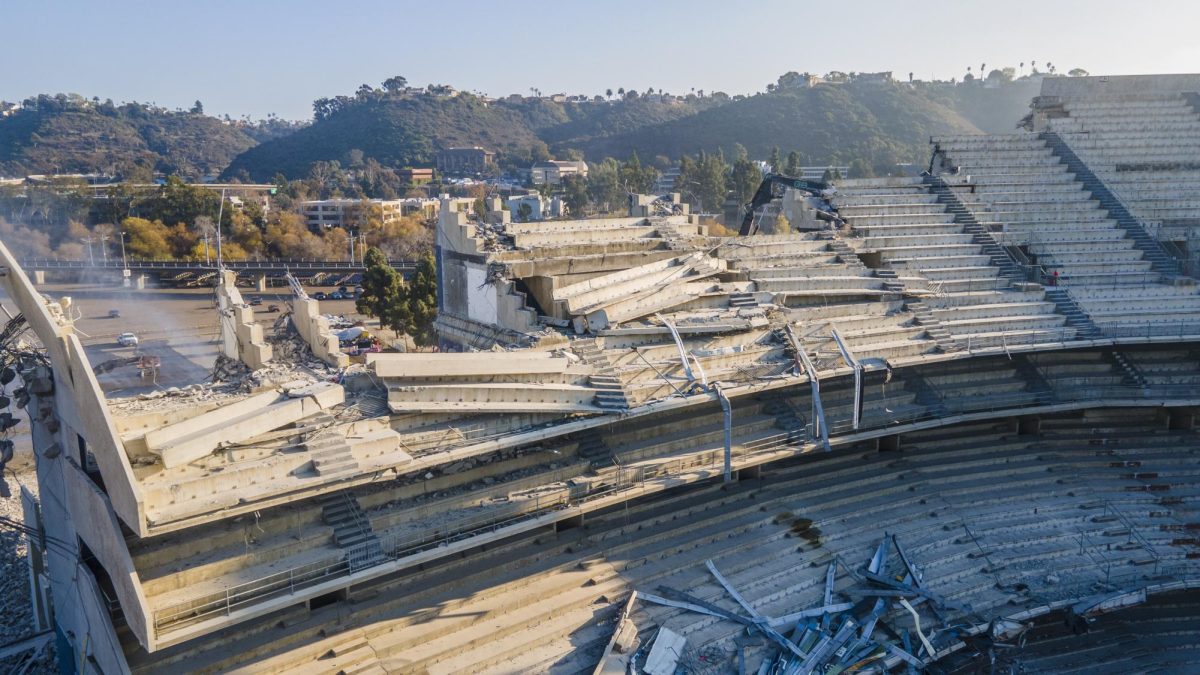More than three-and-a-half years after the fall of Baghdad to U.S. troops in April 2003, “dire” seems an almost optimistic description of the present situation in Iraq.
Armchair critics already have ample evidence of the U.S. administration’s economy with the truth, inadequate and contradictory planning and the many post-invasion blunders. The Republican reversal in the November 2006 congressional elections will surely engender more serious commissions of inquiry, producing yet more revelations of incompetence and corruption at the highest level of government. Yet one question remains: Did the United States’ decision to foster a democratic style of government in Iraq bring about the current tragedy?
Among the serious blunders committed after the invasion-along with the absurd underestimation of the number of U.S. troops that would be needed to restore order-de-Baathification (especially as supervised by the Rolex-wearing opportunist Ahmad Chalabi) was ill-advised for two main reasons.
First, it gave Chalabi, whose name had little or no resonance in Iraq, the chance to get rid of potential challengers among senior administrators. Second, many Iraqi institutions could no longer function properly in the absence of their senior staff. The denazification process in post-World War II Germany soon became obliged to be selective for similar reasons. One could continue down this sorry list ad nauseam, but it is enough to mention the grandfather of all blunders, the decision to disband the army both without confiscating its weapons and without ensuring some means of support for those who suddenly found themselves unemployed.
In the period after the Sept. 11 terrorist attacks and before the invasion of Iraq, a number of more or less plausible day-after scenarios for Iraq were floated, mostly originating in the State Department. One scenario that seemed attractive because of its apparent simplicity and potentially low cost was somehow-and therein lay the rub-to replace Saddam Hussein with a high-ranking military officer after a speedy U.S. intervention.
It was expected that such an officer would promote a rather less beastly version of the status quo under Saddam Hussein. Of course the new dictator would have been beholden to the United States, although-with less blood on his hands than his predecessor-he might eventually have been able to move toward introducing various cosmetic political reforms la Saudienne, or even more ambitiously l’gyptienne. It goes without saying that identifying such an individual, let alone trying to make contact with him, was fraught with difficulty and the idea was evidently shelved along with recommendations contained in the Department of State’s Future of Iraq Project, which Donald Rumsfeld famously forbade his subordinates to read.
Some argue that the neoconservatives’ grand design failed because it was too ambitious, that Iraqis were “not ready for democracy” or perhaps that after nearly 50 years of totalitarian rule, they were not capable of adjusting to a pluralist political system. There is ample evidence to suggest that this is not so. Preliminary data from some provincial elections in 2003 and 2004 suggest that voters were perfectly ready, for example, to vote for candidates who were not from their own sect. In addition it is worth remembering that-despite the tense security situation-58 percent and 70 percent of eligible voters turned out for the elections of January and December of 2005, respectively.
The main problem is not so much that Iraqis do not want or are not ready for democracy, but that there is an almost total absence of public security. This is due to the presence of several armed militias, some closely tied to the al-Maliki government, funded by non-Iraqi individuals or groups, with various objectives ranging from Shi’ite revenge against former members of Saddam’s regime to the extreme anti-Shi’ism of the Salafis or Wahhabis.
Efforts to arrest the unfolding tragedy in Iraq should not, therefore, involve a turn away from democracy, but rather toward defanging the militias. Apart from trying to promote better relations with Iran and Syria, the U.S. administration could usefully involve itself in trying to track down and eliminate the sources of funding for the Sunni insurgency, most of which comes from Saudi Arabia, the Gulf and Pakistan. With the leverage that might come from better relations with Iran, at least some of the Shi’ite militias might then be brought under control. At the same time, the United States should spare no effort to build up the Iraqi armed forces; this, rather the much-vaunted “surge,” which is any case largely cosmetic, seems the most constructive way forward. Iraq desperately needs strong institutions to enable the state to survive and to deliver the security that almost all Iraqis long to enjoy.
Editor’s note: Peter Sluglett teaches Middle Eastern history at the U. This commentary is based on an article in the Arab Reform Bulletin, Volume 4, issue No. 10 (December 2006), Carnegie Endowment for International Peace, and is reprinted with permission from the Endowment.
 Peter Sluglett
Peter SluglettPeter Sluglett











